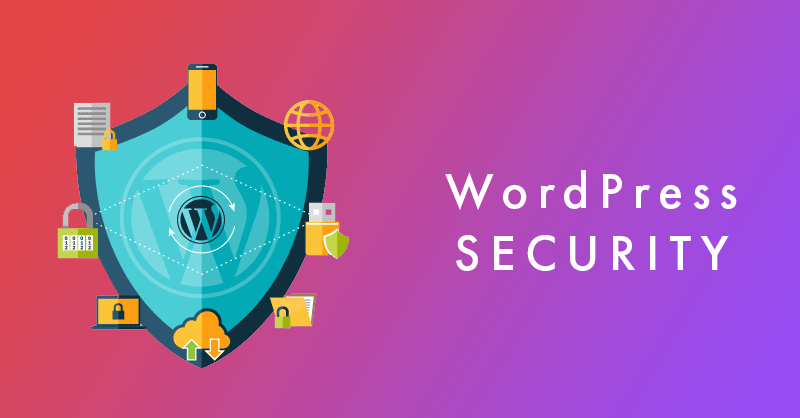
Did you know, WordPress is used by around 45.8% of the total websites in the world. WordPress is a widely-used Content Management System (CMS) renowned for its accessibility and usability. With popularity, one must know that insecure WordPress websites can be easy targets for hackers and spammers. Hence, it is important to pay close attention to the security aspect.
If you host a website with Australian WordPress hosting services, you know how important it is to choose the best plan and buy that domain and web hosting package to keep vulnerabilities at bay.
Having foolproof WordPress security is the only way out of the dangerous cybersecurity threats. Always remember that WordPress security is more about risk reduction and not risk elimination.
Achieve Comprehensive Website Security For WordPress
● Keep WordPress Updated
WordPress provides themes and palettes to the platform users. You also have the liberty to add different security and software plugins in order to keep your website safe and secure. Only implementing these tools is not important; keeping them updated is extremely crucial. Moreover, if you have added plugins, ensure they are updated as well. Not updating your WordPress keeps it vulnerable, and hence, the threats can multiply.
● Use Strong Passwords
Avoid using passwords that can be easily predicted, like your birthday, anniversary date, name, surname, etc. Ensure the use of numbers, lowercase letters, uppercase letters, and symbols. A combination of these makes your password strong.
● Implement Login Attempt Limit
With the help of security plugins like Login LockDown, WP Limit Login Attempts, WordFence security, etc., you can limit the number of times a user can try to log into your account. This will prevent you from falling prey to brute-force attacks.
● Use Encryption and SSL
SSL certificate or HTTPS is the signature of a safe website. Search engines love encrypted and safe websites and rank them higher. If you want your website to be secure, away from cyber security threats, and ranking on search engines, your website should be SSL certified.
● Regular Automated Backup
Data backup is integral, inevitable, and imperative when it comes to web hosting. Data loss due to theft and breaches is a common occurrence, more common than you would expect it to be. It is also common due to human error. But if you want to prevent this, ensure you set up regular automated backing up of your data. It simplifies the recovery process and secures your website data.
● Utilise Security Plugins
Use active and updated security plugins for your WordPress website. Plugins like iThemes security and WordFence security add an extra layer of safety to your webpage. Along with that, malware protection, firewall, two-factor authentication, multi-factor authentication, zero-trust network access, monitoring, reporting, detention, and eradication are the most important integrations you must implement for your WordPress page.
Ending Notes
Since cyber security threats are common, it is always better to have the safety jacket on instead of waking up after the hit. Following this simple and all-inclusive approach, you can improve the website security for WordPress significantly.
